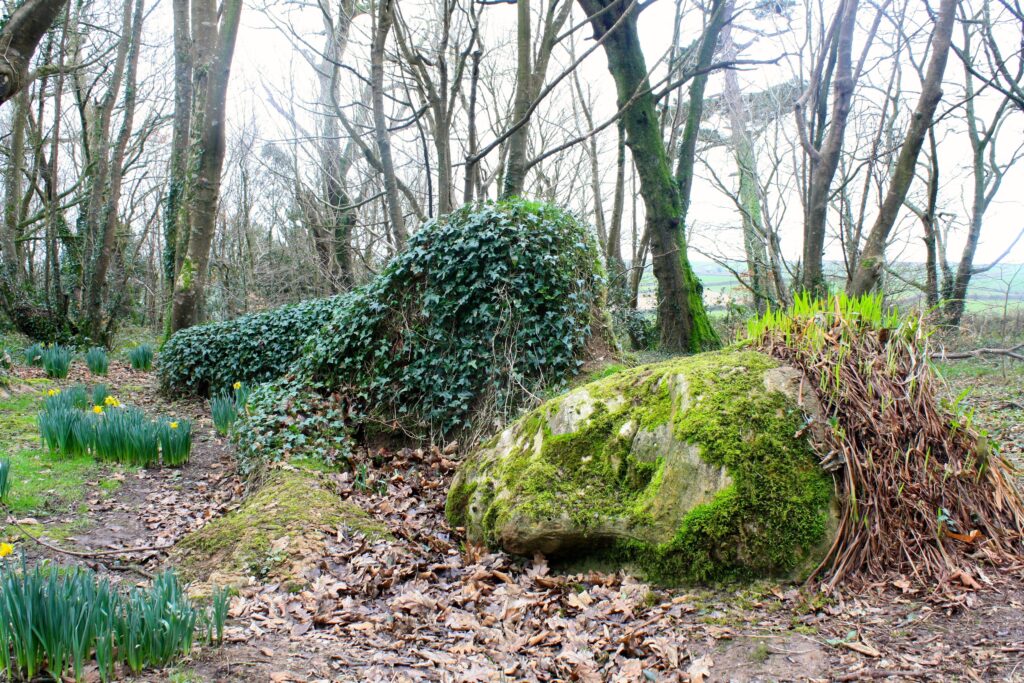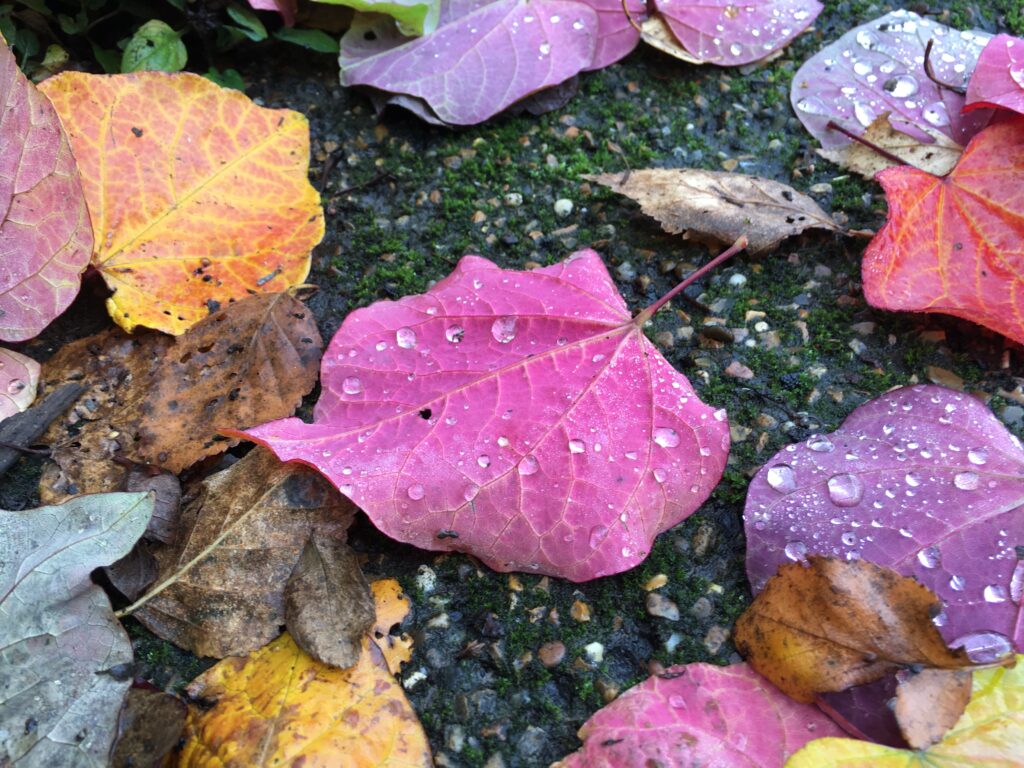Couples hurt each other all the time consciously or not, intentionally or not.
Truly loving, in my view, means loving the person in the way they feel loved and doing all you can to do no harm. I’ve read that love is a verb not a thing that we have or lose. It can also be seen as the big adventure. At the beginning of any adventure we do not know how it will turn out and we won’t be the same person on our return.
Thich Nhat Hahn speaks of True Love comprising of loving kindness, compassion, sympathetic joy and equanimity. These are qualities that we can cultivate and the relationships we invite will offer great joy, intimacy and fulfilment even when life also has its disappointments, difficulty and loss.
I have written about my top essential relationship skills and I believe these are instrumental in becoming partners who love responsibly. You cannot truly love another if you do not love yourself. Loving responsibly requires that you cultivate self awareness and I have written about this in my blog called Having Your Experience. Deep understanding is the bedrock of loving responsibly and for this it is essential to Listen Deeply and to Voice Your Truth. Of course there are many other skills you will grow in your journey from early love to deep loving. Terry Real, a great couples therapist, says “love requires hot passion and cool skills.”
To love responsibly means endeavouring to act ethically and recognising that, as human beings, we inevitably act from unhelpful states of mind fuelled by ignorance, fear and desire.
What is love?
Falling in Love
The early stages of a relationship are often equated with our very beginnings as babies when our hearts were entirely open and we naturally (and unconsciously of course) expected to be protected, nurtured and cherished as if there were no one else in the world.
In the romantic phase of our adult relationships we often feel we have, at last, what we have always longed for and never got. In this phase it is usual to feel utterly loved and to feel the very best version of ourselves.
This phase does not last. As real as it was, it was fuelled with hormones and projection and the absence of logistical challenges of sharing a life together.
Love at this time can be seen as enchantment and immature love. Immature love is about being loved rather than loving. It is more about an ego love and about self-gratification.
The Power Struggle
As the love drugs wear off and disappointments arise, small or big, love enters a different phase. As unwanted and distressing as it can be this phase is inevitable and necessary in really beginning to know the person you have shared a life with and opened your heart to. Frustration stretches your love from ego centric love to a love that is about two people.
What materialises in many (if not all) is what is called The Reactive Dynamic or the Deadly Dance. This is a vicious cycle set up where the more one person pulls in one direction to get what they need, the more the other pulls in the other. Unwittingly and bewilderingly loving couples struggle for years in cycles of emotional violence, control and withdrawal. It is hard to let go of what feels vital, existential, as if you are required to give up on yourself.
The real work of love is to love that person for who they are. This does not mean putting up with a bad relationship, being passive, submitting or giving up. There are no guarantees in love and loving for love in return is not true love.
Finding your way out of the power struggle into deep love takes valueing your relationship and dedication. It takes shared co-operation through presence, loving kindness and compassion. It takes sharing the joy of your partner’s being and what arises in the space between you. It may mean loving them for who they are and recognising that the relationship is not right for you.
To love another means working through the grief and terror of early attachment experiences that we unwittingly recreate in our adult choice of partner. We are tasked with facing the horror of realising that we have been hurt in the precise ways we most feared or conspired to avoid. Mature love is challenging us to give up finding ‘the one who would at last treat me right/ never leave/complete me etc etc. Actively meeting those early buried feelings releases us from repeating patterns. Feeling our pain, deepening our understanding and self compassion means we can reclaim our rightful sense of being loveable, our trust in the world and our natural capacity to love.
To love another means going beyond cultural myths of ego, the harmful legacy of patriarchy and the pull of a materially addicted culture. Love is a treacherous journey that awakens us to the ways we have been programmed by our parent’s relationships, culture, gender and religious messages and role modelling.
It is often referred to as the impossibility within the relationship.
Deep Loving
Deep love is thought of as mature love that comes with a deep appreciation and respect of each other and your relationship. This love can accept loss and find the beauty of what has been possible as you navigate inevitable tensions. Mature love is loving your partner in your differences and loving each other as much in your failure as in your success. It is unconditional. We no longer love for what we get in return.
I believe that mature love is regenerative and renewable. It is a love that is given with no guarantee of being loved back and, as a result, given back in abundance. examples of this in film and popular culture…..
How do you get there?
Let’s imagine relationship as an epic adventure depicted by so many of our myths, stories, books and films. Reflecting on the unified plot underlying most of our stories we can look at ourselves as the hero in our love story.
Plotting the phases of Romantic love, power struggle and mature love onto the Hero’s journey presented in this Ted Talk we might see how treacherous relationship can feel. Imagining the inevitability of facing difficulty and holding in mind that it serves to teach us how to love responsibly and arrive back to our new ‘home’.
I find the idea of a hero’s journey helpful when working with couples in couples therapy as the work can be hard.
Love hurts
Love is what we most desire and what hurts us the most.
Relationships are not easy and to receive all you hope for relationships demand a lot.
In my work as a couples therapist one of the most useful realisations is that change starts with you. This simple but often revolutionary idea is empowering and instead of battling to get the other to be who you need them to be the power is in your hands to be the very best version of yourself. Be the lover you want your partner to be. If you commit to all the values that make a relationship good the chances are your partner will choose to be the best version of themselves.
Kindness
How kind and encouraging are you to yourself? Dr Kristen Neff offers a self compassion questionnaire which is a useful tool to measure your relationship with yourself. If you can accept yourself with all your strengths and weaknesses you are more likely to love responsibly.
On the road to Loving Responsibly
I have offered some starter ideas about taking responsibility to find deep love, to love your partner in the way they feel loved and to do no harm. I hope these ideas inspire and empower you. However, we rarely manage to find our way out of destructive or defeating power struggles without help and support from others. We also cannot just make it happen. It is our life’s work, our hero’s journey.
Many relationships falter because one person is committed and the other is not. If you feel you are not being met in the work by your partner your work is to focus on what is healthy and right for you.
Russ Harris argues we are always making a choice and that we have three options:
- to stay and work on our relationship
- to stay and no nothing or make things worse
- to leave
Katherine Woodward has created an approach called Conscious Uncoupling which is a compassionate programme to help couples end their relationships well. I find her article about her programme a helpful read.
This article is my way of sharing a few of the many inspiring resources and ideas to accompany you on the way. I have linked websites and books that offer help. I hope it has been helpful. I would be happy to help you if you consider couples counselling. I hope to continue to share what I learn in the collective endeavour to create a wiser and more supportive culture for relationships.


